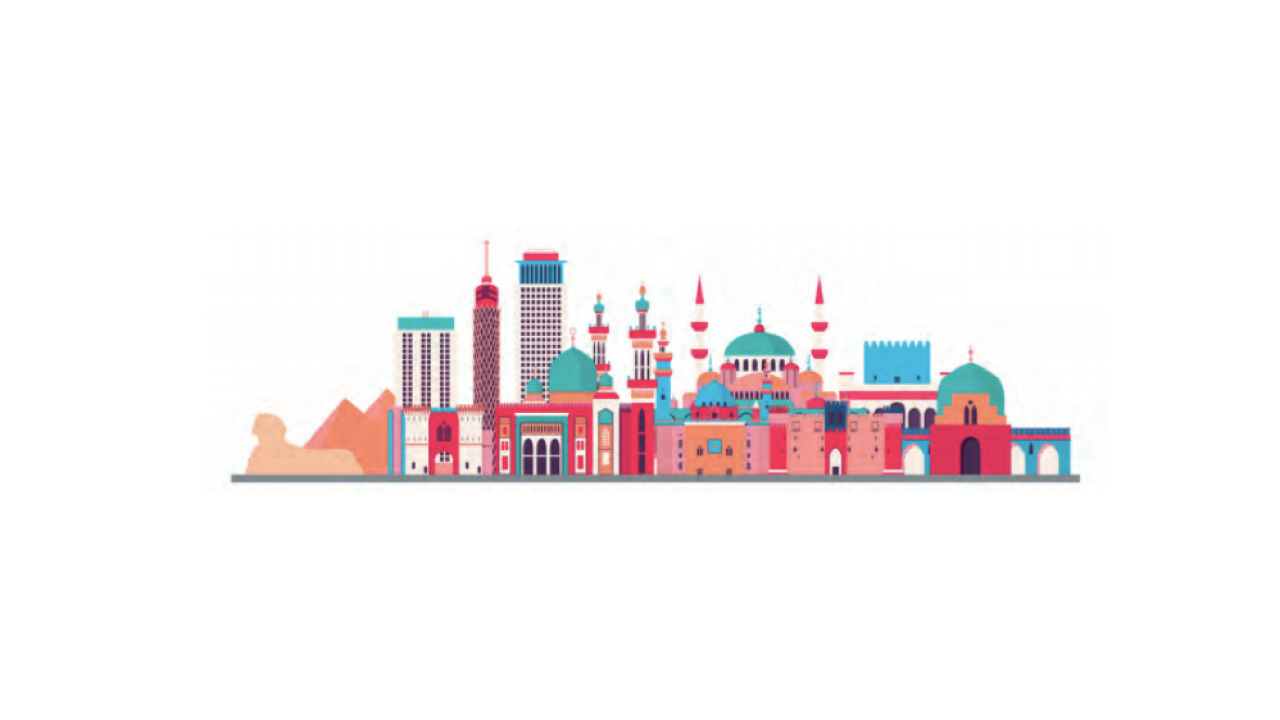2020 in review: Africa

Earlier this year, an article published in L&L entitled ‘Their finest hour’ described the sterling efforts of South Africa’s packaging converters to manage demand – particularly for essential food and pharmaceutical packaging – under almost war-like conditions.
But it’s not only packaging converters who have had to adapt. Another shining example is the way those heading up the Institute of Packaging SA (IPSA) have risen admirably to the challenge, being exceptionally fleet of foot and innovative to ensure the continuation of packaging education and awards. While IPSA’s One-Year Diploma (OYD) kicked off as usual, everything changed overnight with South Africa’s stringent lockdown announcement on March 27. Following hurried meetings among academic and secretarial staff, the OYD was rapidly transformed into an online program.
Through the purchase of multiple Zoom licenses, the education team seamlessly switched to an online lecture delivery platform and were pleasantly surprised to find that, with minimal hiccups, it worked well.
Tests and examinations were re-engineered into research-based assignments, reinforcing the need for active and intelligent research. Under trying circumstances, this has been a paradigm shift from the way IPSA’s education program has been executed for almost five decades, and the aim is now to catapult the OYD to a global audience, with particular emphasis on other parts of Africa. As Kishan Singh, IPSA’s national education officer, remarks: ‘Covid-19 has enabled this, and every cloud has a silver lining.’
A similar story surrounds IPSA’S Gold Pack Awards (the local ‘Oscars’ of the packaging world). The entire procedure for the 2020 program changed, with a traditional three-day gathering of adjudicators exchanged for virtual judging via Zoom.
For this virtual procedure, the judging chairman and three Johannesburg-based judges acted as the eyes, ears and senses of the other judges, scattered around South Africa (one of whom was your correspondent), who appreciated the resultant interactivity as they identified the excellent application of innovative and creative design and technology to South African packaging. Almost concurrently with the publication of this article, in another brave departure from the norm, final results are being announced on a virtual platform.
Just one successful Gold Pack entrant was an enterprise named It’s Not Made in China.
As Durban-based entrepreneur Tracy Ruggier watched Chinese imports erode local industry, especially clothing, she bravely decided to establish this business and for her first undertaking she and her husband, William, designed (and patented) a hip flask-shaped PET bottle for still water, on which local artists’ works could be displayed. They held competitions for illustrators and used a ‘judging panel’ to select designs. They now have dozens of illustrators’ work printed on their reusable, recyclable PET bottles, which are fast becoming collectibles.
Along their journey, they’ve experienced supportive collaboration from suppliers, one being the Brodowicz brothers, Devlin and Wade, of Blue Print Labelling in Durban. Then there’s the spin-off from the astonishing recycling benefits, as the heavier weight of the clear PET bottles and the use of easily-removable PP labels encourages collection and facilitates recycling.
Africa’s economic pulse
While some African governments have acted rapidly to reduce the spread of Covid-19, successful containment measures have come at a high economic cost, as elsewhere in the world. Sadly, in the face of this economic fallout, it’s likely that growth in Sub-Saharan Africa will fall to -3 percent in 2020, pushing the region into its first recession in 25 years. According to the latest economic analysis ‘Africa’s Pulse: Charting the Road to Recovery’, the pandemic could also drive around 40 million people into extreme poverty, erasing at least five years’ progress in fighting poverty in Africa.
It’s estimated that this substantial downturn in economic activity could cost the region at least 115m USD in output losses this year. Per capita GDP is expected to contract by nearly 6.0 percent, in part caused by curtailed domestic consumption and lower investment brought about by containment measures.
Undoubtedly the road to recovery will require massive investment and financial support from the international community, plus reform agendas that include policies to speed up job creation. Several countries, including South Africa, Nigeria and Ethiopia, have begun implementing long-needed reforms in energy and telecommunications spurred by the current crisis, and 25 percent of African firms have accelerated the use of digital technology and increased investments in digital solutions. By mid-September, 46 countries in Sub-Saharan Africa had introduced 166 social protection measures, with social assistance representing 84 percent of these measures.
Although the persistence and spread of the virus remains uncertain, African governments are beginning to institute policies and programs to support an inclusive and sustainable post-pandemic recovery.
Stay up to date
Subscribe to the free Label News newsletter and receive the latest content every week. We'll never share your email address.


